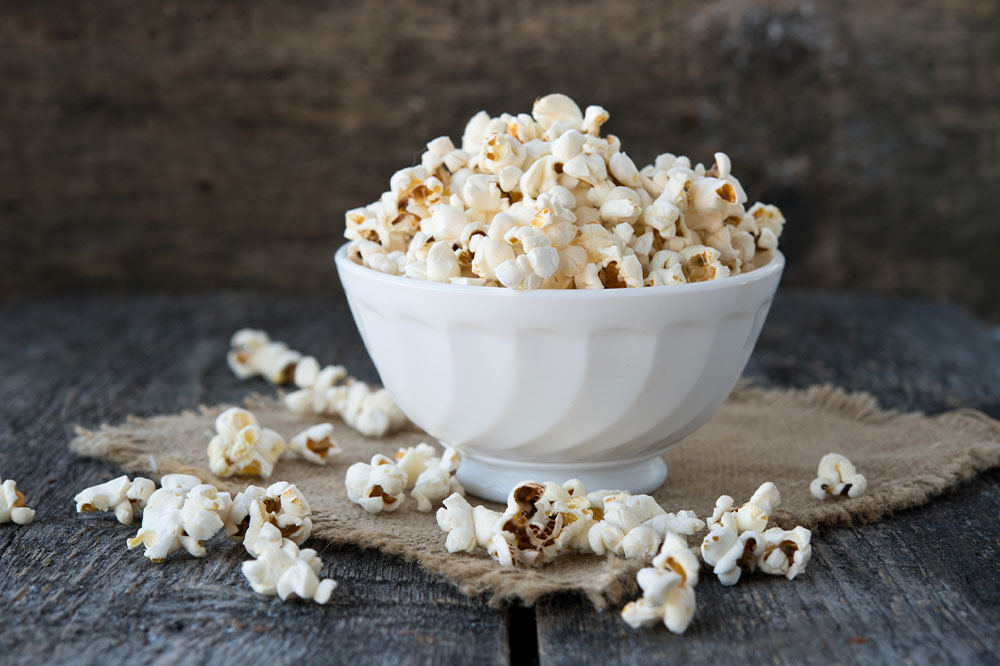5 unsuitable foods for people with Crohn’s

Crohn’s disease is a provoking bowel disease that causes tremendous discomfort when the person with the disease experiences a flare-up. Under this disorder, symptoms like cramping, diarrhea, and stomach ache become an everyday affair, often disrupting the patient’s daily life. To make matters worse, the nutrition of a patient with Crohn’s disease can significantly contribute to worsening the symptoms during an active flare-up.
Foods to avoid
Not much has been researched or found about the precise relation between Crohn’s disease and food habits. Also, not all patients experience the same reactions to specific foods. Consequently, no fixed nutritional regime exclusively devoted to Crohn’s has been set by the experts.
However, particular foods have been identified as prime suspects for triggering inflammation in the body. Accordingly, health experts recommend avoiding such foods when the patient’s gut health is not good. Here are a few edibles that patients with Crohn’s must avoid when they have an active flare-up:
Beans
While beans are nutritious for ordinary people, patients with Crohn’s disease-induced flare-ups must avoid them as they cause gastritis because of the presence of high fiber content.
Whole grains
Foods made from whole grains like whole-grain bread, bran, whole-wheat pasta, and popcorn have fiber. Consequently, they generate a lot of traffic through the digestive tract. As a result, the concerned patient experiencing a flare-up can feel highly irritated.
Seeds and nuts
Seeds and nuts have sharp edges because of which they often prove hard on the stomach, irritating the gastrointestinal tract lining. Nevertheless, some Crohn’s patients have no issue digesting nuts and seeds. Accordingly, trying out a bit of sesame tahini and smooth peanut butter would be best to ensure the continuous intake of nutritious foods.
Vegetables and fruits with high fiber
According to popular perception, patients with Crohn’s cannot have veggies and fruits. However, it is not exactly true. Having ample fruits and vegetables is essential for every person to avoid malnutrition. The only time Crohn’s patients need to be careful is when they are experiencing a flare-up.
People with Crohn’s should consume cooked veggies rather than raw to ease digestion. Besides, they must ensure that the fruits and vegetables do not have any seeds or skin intact. Furthermore, it is better to have lighter fruits such as craned pears or bananas to ease digestion instead of apples or raspberries, noted for their gas-producing properties and high fiber.
Caffeine
Caffeine-rich drinks are prone to causing discomfort in Crohn’s patients by triggering or increasing a wave-like motion inside the gastrointestinal tract. Consequently, the waste materials within the stomach are propelled to move out of the system. Thus, patients with Crohn’s disease must avoid caffeinated drinks as they trigger or worsen such symptoms.
While avoiding the list of foods mentioned above can help prevent inflammation, it is essential to note that the effects of foods and drinks on patients with Crohn’s disease vary from person to person. This implies that one food triggering Crohn’s symptoms in a particular patient may not have the same effect on another patient.
Patients must monitor their nutritional regime to know which foods are causing flare-ups. The best way to do that is to maintain a food journal. Observe and keep a record of the foods that tend to cause inflammation. Besides, have smaller meals throughout the day to ease the work of the digestive tract. Lastly, avoid fatty, fried foods as Crohn’s symptoms are worsened by the food one eats and also by the way that food has been processed or cooked. Instead, opt for broiled and baked foods as much as possible to prevent flare-ups.